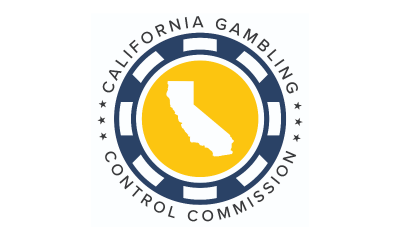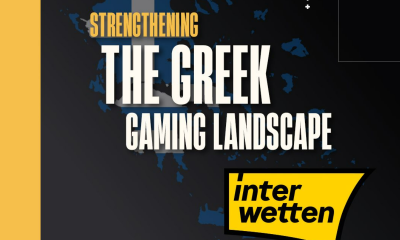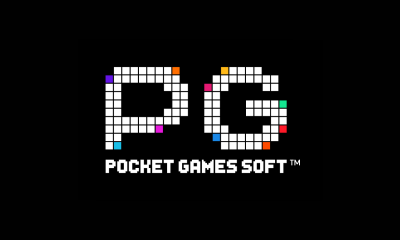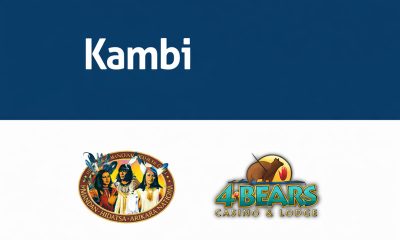Compliance Updates
IAS Enhances TikTok Brand Safety with New Category Exclusions and Vertical Sensitivity Segments
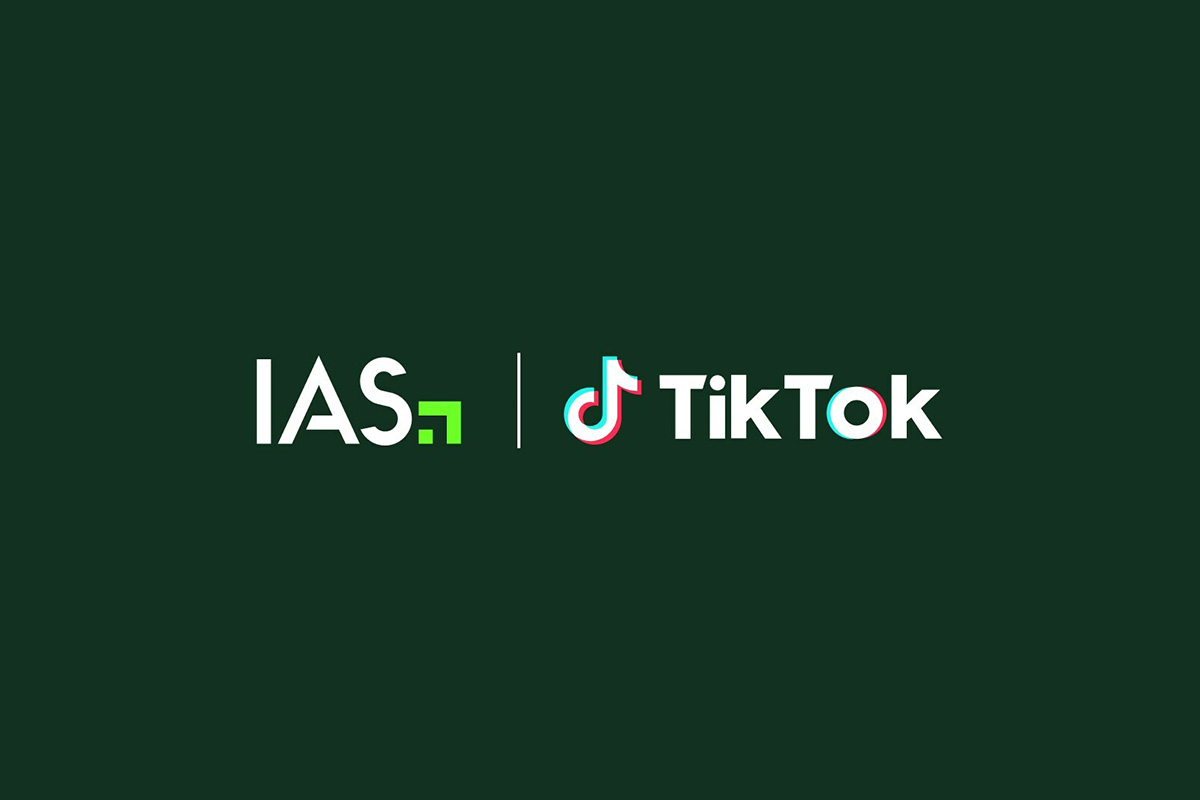
Integral Ad Science, a leading global media measurement and optimisation platform, announced it is expanding its unparalleled brand safety and suitability measurement reporting on TikTok to include new Category Exclusion and Vertical Sensitivity Segments, enabling advertisers to avoid a wider range of content unsuitable to their brand. This expansion further enhances and simplifies how advertisers measure and safeguard their campaigns on TikTok through IAS’s industry-leading, AI-driven Total Media Quality (TMQ) product and ensures they can confidently scale their brand on one of the world’s largest and fastest-growing short-form video entertainment platforms.
IAS is also expanding its industry-leading Brand Safety and Suitability Measurement on TikTok to an additional 11 countries, bringing the total to 62 countries, across 34 languages. IAS’s AI-driven Total Media Quality product for TikTok uses cutting-edge Multimedia Technology combining image, audio, and text signals with frame-by-frame video analysis to accurately classify content in the For You Feed, at scale, aligned to 12 GARM Brand Safety & Suitability categories and four risk levels.
“The rapid adoption of short-form video on social platforms like TikTok created demand for next-generation solutions that can provide protection and performance for advertisers. As the first independent, third-party digital media quality provider offering an end-to-end brand safety solution for TikTok, global advertisers now have access to AI-backed solutions to safeguard and scale their brands across one of the largest and fastest-growing social platforms around the globe,” Lisa Utzschneider, CEO of IAS, said.
The new expanded measurement capabilities further help advertisers on TikTok by adding:
- New Category Exclusion and Vertical Sensitivity segments: IAS now provides independent, third-party assurance that advertisers’ campaigns are appearing next to brand suitable content aligned to the new segments available within TikTok Ads Manager. The categories include pets, beauty, food, fashion/retail, travel, financial services, technology, automotive, gaming, professional services, entertainment, gambling and lotteries, violent video games, combat sports, and youth content.
- Ease of activation: With new Automated Suitability Profiles, the new Category Exclusion and Vertical Sensitivity Segments will automatically be applied within IAS Signal for measurement. IAS Signal is a unified reporting platform that delivers the data and insights advertisers need to easily manage their digital campaigns to provide a seamless interface for advertisers.
- Deeper insights: IAS is aligning its reporting in Custom Report Builder (CRB) to the profiles advertisers create in TikTok Ads Manager, including campaign name, ad group, objective type, and ad buying type. Advertisers can now drill down to the ad creative level for deeper and more strategic actionable data.
- Expanded coverage: IAS now supports 62 countries, expanding its AI-driven Brand Safety and Suitability Measurement for TikTok to 11 additional countries including Bangladesh, Cambodia, Costa Rica, Denmark, Dominican Republic, Finland, Greece, Guatemala, Hungary, Norway and Panama.
“TikTok is continuously building and refining our brand safety and suitability solutions for advertisers, and evolving to stay ahead of emerging needs. We are excited to be partnering with trusted third-party measurement provider Integral Ad Science to complement our own TikTok Inventory Filter, and our new brand suitability controls Category Exclusion and Vertical Sensitivity, so advertisers are confident in the tools that empower them to connect with our community,” Chen-Lin Lee, Global Head of Measurement and Data Partnerships at TikTok, said.
The post IAS Enhances TikTok Brand Safety with New Category Exclusions and Vertical Sensitivity Segments appeared first on European Gaming Industry News.
Bagley-Keene Act
California Gambling Control Commission Issues Critical Guidance on Stakeholder Communications and Ex Parte Rules
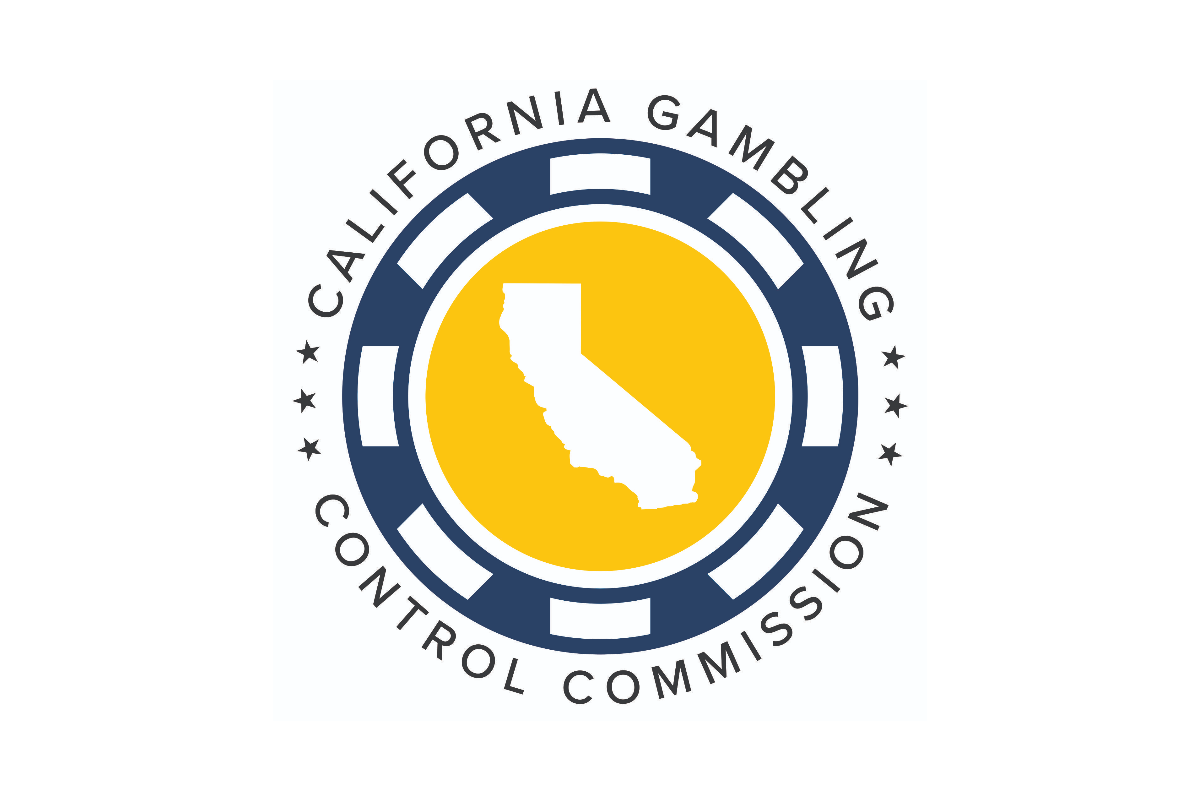
The California Gambling Control Commission (CGCC) has released a comprehensive new guide for stakeholders, outlining essential best practices for contacting the Commission and strictly warning against the legal pitfalls of “ex parte” communications.
As part of its ongoing commitment to transparency and its 2026 Strategic Plan, the Commission aims to streamline interactions while ensuring that all regulatory decisions are made on a complete, fair, and public record.
Navigating the Commission: Who to Contact
To ensure inquiries are handled efficiently, the Commission has identified key points of contact for various industry matters:
-
Licensing & Approvals: For general licensing matters, stakeholders should contact Brian Gilleland, Deputy Director of the Licensing Division, at
[email protected]. -
Regulations & Legislation: Inquiries regarding laws or pending regulations should be directed to Nicole Learned, Deputy Director of Legislative and Regulatory Affairs, at
[email protected]. -
Evidentiary Hearings: For GCA hearing matters, contact the Presiding Officer noted in your hearing notice, or Administrative Hearings Coordinator Pam Mathauser at
[email protected]. -
Executive Leadership: All other high-level matters should be sent to Executive Director Lisa Wardall at
[email protected].
The Danger of “Ex Parte” Communications
A central focus of the new guidance is the strict prohibition of ex parte communications—any communication regarding the merits of a pending application or request made without proper notice to all involved parties.
To comply with state rules, stakeholders must include Commission staff, Bureau staff, and the Applicant (or their designated agent) on all correspondence.
Crucial Warning: Stakeholders are strictly forbidden from sending communications of any kind directly to Commissioners regarding applications or pending decisions.
Why Compliance is Mandatory
The Commission warns that ex parte violations are not merely procedural errors; they pose a direct threat to the integrity of the gambling industry’s governance. Decisions made on incomplete or “private” information can lead to:
-
Application Denial: The Commissioners have the authority to deny an application or approval solely based on a prohibited communication.
-
Legal Reversals: Violations may breach the Bagley-Keene Open Meeting Act, potentially allowing opposing parties to overturn a decision that was previously taken in your favor.
-
Governance Risk: Transparency ensures that all parties—including the Bureau of Gambling Control—have access to the same record of information before a vote is cast.
“Transparency is a core tenet of good governance,” the Commission stated in the guidance. “Ex parte rules guarantee that all matters taken up by the Commission are conducted in a fair and transparent manner.”
The post California Gambling Control Commission Issues Critical Guidance on Stakeholder Communications and Ex Parte Rules appeared first on Americas iGaming & Sports Betting News.
Compliance Updates
BGC Response to Government Plans to Stop Premier League Clubs Accepting Sponsorship from Gambling Operators Not Holding a UK Licence

The Betting and Gaming Council (BGC) strongly supports government plans to ban Premier League clubs from accepting sponsorships from gambling operators lacking a UK licence.
A Betting and Gaming Council Spokesperson said: “The Betting and Gaming Council welcomes the Government’s plan to act to stop Premier League clubs accepting sponsorship from gambling operators that do not hold a UK licence.
“Culture Secretary Lisa Nandy is right that gambling companies without a UK licence should be banned from sponsoring Premier League clubs and should go further to prevent these harmful illegal companies from sponsoring any sport in the UK.
“At a time when the regulated sector is facing significantly higher taxation and ever tighter regulation while reducing advertising spend, it is more important than ever that firm action is taken against the growing harmful black market.
“Licensed members of the Betting and Gaming Council are regulated in Britain and follow strict rules on consumer protection, safer gambling and robust financial safeguards. Whereas, the illegal, harmful black market operators do not. They undermine player protections, avoid taxes, ignore safer gambling standards and put consumers at serious risk.
“We support action that protects fans, upholds standards and keeps customers safe within the regulated market.”
The post BGC Response to Government Plans to Stop Premier League Clubs Accepting Sponsorship from Gambling Operators Not Holding a UK Licence appeared first on Eastern European Gaming | Global iGaming & Tech Intelligence Hub.
Australia
Tabcorp Pays $158,400 Penalty for Taking Illegal In-Play Sports Bets

Tabcorp Holdings Limited (Tabcorp) has paid a $158,400 penalty for taking online in-play sports bets, which is illegal in Australia.
An Australian Communications and Media Authority (ACMA) investigation found Tabcorp accepted 426 in-play bets across 32 tennis matches between February 2024 and June 2025.
Online in-play betting, wagers made on a sporting event after it has commenced, is prohibited in Australia under the Interactive Gambling Act 2001 (IGA).
The online in-play sports bets that were accepted in breach of the IGA were voided by Tabcorp and the bets were refunded.
The ACMA accepted the evidence from Tabcorp that the breaches occurred due to systems and communication issues with its third-party provider.
ACMA member Carolyn Lidgerwood said this is the third time since 2021 that Tabcorp has breached the in-play betting rules.
“The law is clear and wagering services must have processes in place to prevent illegal in-play bets from being accepted,” Ms Lidgerwood said.
“While we understand that most wagering operators rely on third-party providers to close betting on sporting events, they cannot outsource their legal responsibilities.
“The length of time it took Tabcorp to identify and then fix the problem was concerning and we expect Tabcorp to do better in the future,” Ms Lidgerwood said.
In addition to the financial penalty, Tabcorp has entered into a comprehensive enforceable undertaking requiring the company to undertake a review of its systems and processes relating to the closing of betting on tennis matches and to report regularly to the ACMA.
The post Tabcorp Pays $158,400 Penalty for Taking Illegal In-Play Sports Bets appeared first on Eastern European Gaming | Global iGaming & Tech Intelligence Hub.
-

 Blueprint Gaming6 days ago
Blueprint Gaming6 days agoBlueprint Gaming unleashes Frankenstein’s Fortune blending dynamic modifiers with multi-path bonus offering
-

 Latest News5 days ago
Latest News5 days agoGGBET UA hosts Media Game – an open FC Dynamo Kyiv training session with journalists from sports publications
-

 Compliance Updates6 days ago
Compliance Updates6 days agoMGA Publishes Results of Thematic Review on Self-exclusion Practices in Online Gaming Sector
-

 Amusnet6 days ago
Amusnet6 days agoAmusnet Unveils Casino Engineering and Technology Milestones Achieved in 2025
-

 Dan Brown6 days ago
Dan Brown6 days agoGames Global and Foxium return to the Colosseum in Rome Fight for Gold the Tiger’s Rage™
-

 Bragg Gaming Group6 days ago
Bragg Gaming Group6 days agoBragg Gaming Group Partners with StarGames
-

 Asia5 days ago
Asia5 days agoBooks on Wheels: DigiPlus Foundation Brings Mobile Library to Boost Literacy Among Aurora’s Young Learners
-

 3 Oaks Gaming6 days ago
3 Oaks Gaming6 days ago3 Oaks Gaming unleashes the power of the wild with 4 Wolf Drums: Hold and Win



